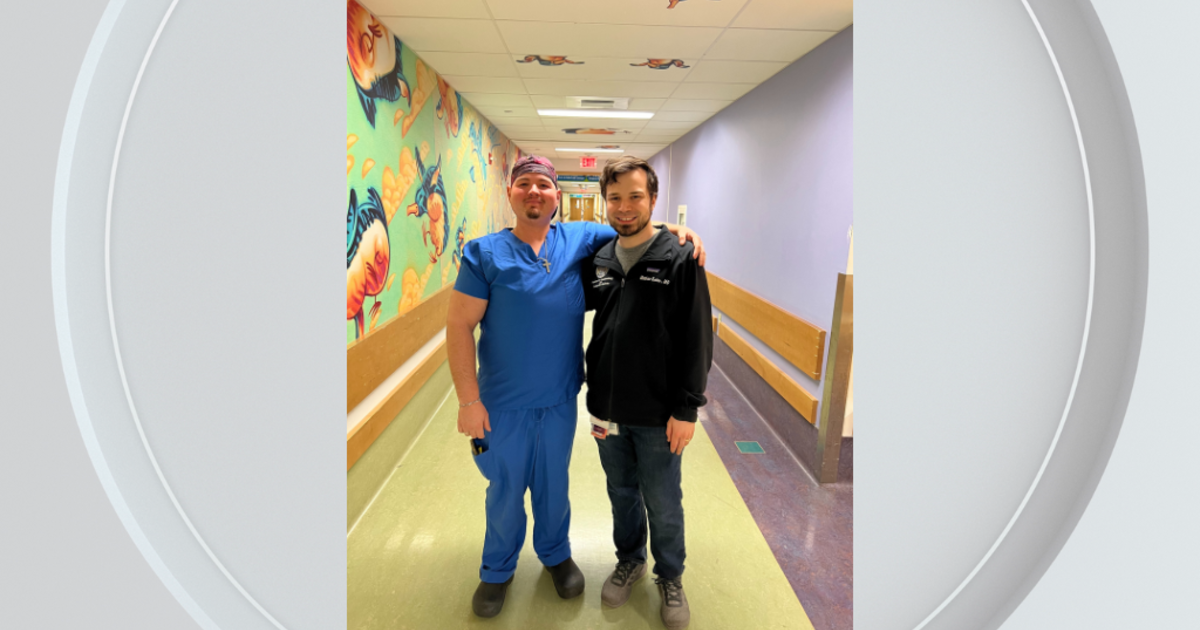Warning Issued For Popular Type Of Birth Control
PITTSBURGH (KDKA) - It was a big surprise to Amy Caplan when she got pregnant on her honeymoon. When her daughter was three-months-old, she had an intrauterine device, or IUD, placed.
"I was extremely hesitant to take any type of pill while I was nursing, because I do everything basically natural," she said.
She chose Mirena, an FDA-approved IUD that secretes a small amount of hormone.
"It takes a minute, you feel a little pressure, kind of like getting a pap smear. And that was it," she said.
Getting an IUD is an outpatient procedure. The doctor simply inserts it through the cervix, or the opening of the womb, and it springs open inside.
The device works by keeping sperm from traveling, destroying the egg before fertilization, thinning the uterine lining, and thickening cervical mucus. The pregnancy rate with the IUD is only point two of a percent.
"They're actually one of the safest forms of contraception we have available," Dr. Emily Lebowitz, an OBGYN at West Penn Hospital, said.
It is so safe and effective that more than two million women use this form of birth control. But, complications have spurred hundreds of lawsuits against the makers of Mirena.
Complications such as uterine perforation and migration of the device into the abdominal cavity and into vital organs.
There have been about 1,300 complaints of perforation since 2008.
But, these risks are not unique to this product only.
"The risk of perforation with an IUD is about one in 1,000," Dr. Lebowitz said.
Three brands of IUD are currently on the market in the United States. Similar complications have happened with earlier versions of other brands of IUD.
Dr. Lebowitz said design improvements, such as a larger inserter, has reduced the risk of perforation, which most likely occurs at insertion.
"Personally, I have not seen an IUD that is perforated," she said.
Generally, if the IUD is found out of place in the abdomen or pelvis, it is surgically removed, but long-term complications can result. For example, infertility and connective tissue forming around the intestines.
But Amy is not worried about this.
"When I go have my yearly checkup, they check me," she said. "I like that I don't get my period, like that I don't have to take a pill every day. And I didn't have any side effects. It's kind of a win-win for me. And it's for five years."
RELATED LINKS
More Local News
More Health News
More Reports From Dr. Maria Simbra



